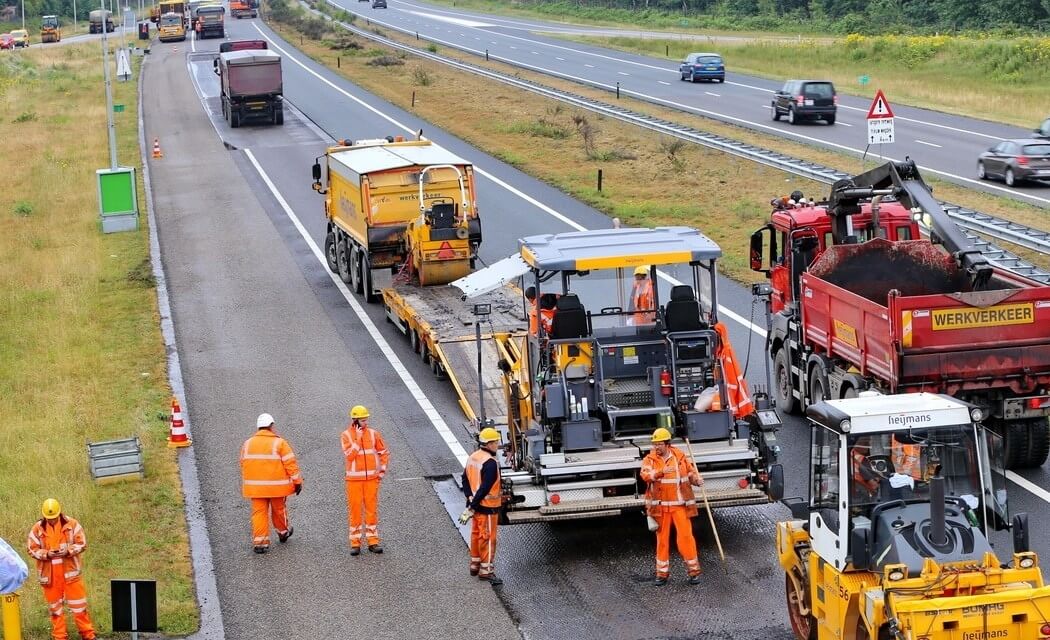Monitoring A10 West Workzone
In the period 2017 up to 2025 many small and several large and small infrastructural projects will be executed in the Amsterdam South and South-East. These projects and particularly the combination of these projects will have a significant impact on the accessibility of the region over this long period of construction and realisation. The objective is to prototype a dedicated toolset for monitoring the traffic flow and mobility effects of the roadworks on the A10 West in 2017. This toolset contains a combination of visualization and analysis tools built by CATTLAB of the University of Maryland and a set of tools built by DiTTLAB of the Delft University of Technology. The combination will allow Rijkswaterstaat to monitor the lane-specific traffic operations along the A10 West, interns of effective capacity, lane distributions, travel times, vehicle loss hours and many other important variables to support management and decision making.
To build this unique toolset for the A10 West, the two university based data laboratories (DiTTLAB and CATTLAB) will join forces. DiTTLAB has developed several unique analysis and visualization tools for multimodal mobility in the past two years and is currently developing the tools to build an intelligent historical database for NDW, which includes combining traffic data with e.g. weather and other contextual data. Moreover, DiTTLAB (PhD candidate Tin Nguyen) will closely collaborate in this project with the Built Environment and Asset management research group of prof. dr. Sandra Erkens, who also is affiliated with Rijkswaterstaat. CATTLAB now is the largest transportation laboratory in the United States, with ten years of experience in hosting, analyzing and visualizing data for virtually all departments of transportation in the US. This has culminated in a wide range of tools, amongst which a work zone monitoring package. The idea is (a) to (re)use and combine tools developed at both labs; and (b) to prototype and add features specific for the Dutch situation that in turn will be beneficial to the development of both labs.
DiTTLAB Partners: CATTlab and Rijkswaterstaat
